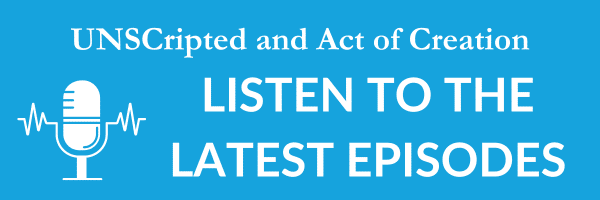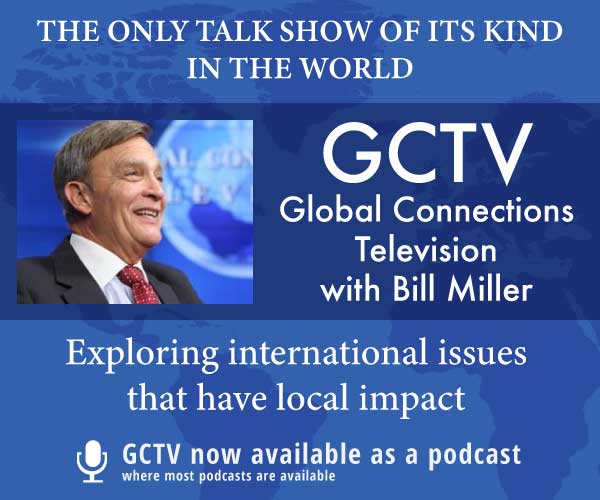
PHNOM PENH — A controversial $40 million deal signed between the Australian and Cambodian governments last September to resettle about 1,000 refugees from detention centers on the South Pacific island nation of Nauru to Cambodia was the first time two ratifying states of the 1951 United Nations Convention on Refugees agreed to transfer their resettlement responsibilities.
The aid money from Australia to Cambodia is said to be paying for the costs of resettling the refugees. Nauru agreed originally more than a decade ago to take in refugees who had been trying to get to Australia. For Nauru, offshore processing has become a vital money earner for the economy but conditions for housing the refugees have been inhospitable.
Five of the refugees were reportedly to arrive voluntarily in Cambodia this week .But at the last minute, the plane to ferry them to the capital here apparently encountered logistic problems, so Australia canceled the trip. Some news reports, however, suggest that the refugees who were willing to go had refused to sign agreements. The refugees originally fled Myanmar, Iran and Sri Lanka and were given cash as part of their transfer to Cambodia.
News reports are also saying that Cambodia was not ready to receive the refugees, who were told in a letter from the Australian government that Cambodia “is a safe country” and that it “does not have problems with crime or stray dogs.”
The Cambodian Red Cross said that it had not received an order to prepare for the arrival of the refugees from Nauru.
“We simply do not have the structure or the money,” a Red Cross officer said. Under the agreement, if no refugees volunteer to relocate to Cambodia, they will not be forced to resettle.
The refugees being detained in Nauru had apparently received the letters from the Australian government last year, aiming to persuade them of the benefits of relocating to Cambodia, where they will be eligible for citizenship in seven years, the letters also said.
The International Organization for Migration, which is not part of the UN system, said it was willing to help facilitate the transfer of the refugees to Cambodia, based on preconditions, such as the right to live and work anywhere in the country, one of the poorest nations in Asia.
While the UN Office of the High Commissioner for Refugees (UNHCR) said that it had been given a chance to comment on the arrangement with Australia and Cambodia, it had no details on the negotiations. Showing its concern, the agency condemned the deal the day it was signed last September.
Human Rights Watch said in an article in The Guardian recently that Cambodia had “a terrible record for protecting refugees and is mired in serious human rights abuses.”
Vivian Tan, the refugee agency’s regional press officer in Bangkok, told PassBlue that “We believe there is a viable alternative to asylum seekers and refugees seeking protection through dangerous and exploitative voyages.”
As to the news this week of the canceled trip, Tan said that since the UNHCR is not a party to the bilateral arrangement, it does not have details on when, who and how many people will be relocated from Nauru to Cambodia.

How Cambodia will actually carry out the resettlement is a big question. Its record of accepting asylum seekers was criticized in 2009, for example, when 20 Uighurs, indigenous Muslims from western China, had sought asylum in Cambodia but were deported back to China by the Cambodian authorities, before a full examination of refugee claims was made. China apparently pressured Cambodia to return the Uighurs.
The action was considered a grave breach of international law, and in a diplomatic cable published by Wikileaks, Raymond Hall, the UN refugee agency’s regional representative at the time, said that “UNHCR face[d] a dilemma. . . . It could try to renew its productive record with Cambodia of the past, or it could step back from much of its mission in Cambodia to the point where ‘no one will be protected.’ ” Hall added that UNHCR’s future collaboration will obviously be “colored by this event.”
Critics say that the UN refugee agency’s authority has been undermined by the 2014 Cambodia and Australia pact. The memorandum of understanding between the two countries on the deal is contrary to international practice on refugee matters.
“The reality is the UNHCR has been kept out of the picture in this refugee dumping deal all along, and shamefully both governments repeatedly denied providing the draft MOU for comment by UNHCR’s experts,” Phil Robertson, the deputy director for the Asia division of Human Rights Watch, said in an interview. “This is really a slap in the face of UNHCR, and shows how little Phnom Penh and Canberra actually care for the rights of these refugees who will be sent from Nauru to Cambodia.
“Cambodia picks and chooses which refugees to accept and which to call economic migrants and try to reject,” Robertson added, saying that “Cambodia’s leaders don’t have the notion embedded in their mind that the Refugee Convention means that asylum seekers deserve equal treatment, no matter if they come from a remote country or a nation right next door.”
Cambodia has been considered an “intermediary” country in the refugee context and, generally, asylum seekers and refugees resettle in a third country after they are detained in Cambodia.
The enormous rise in numbers of refugees worldwide — attributed mostly to the Syrian war but also to other upheavals throughout the Middle East and elsewhere — has made it much more difficult for the UN refugee agency to keep its operation going in Cambodia, as its work there has been vastly cut since 2013. Since the refugee population in Cambodia was around 100 people at the end of 2012, resources for the UN agency were reallocated elsewhere.
Yet it continues to provide assistance in Cambodia, helping the government’s own refugee office to enhance its capacities. A Cambodian delegation visited Nauru in January 2015, for example, to ostensibly welcome the refugees eventually to their country.

In the northeastern Cambodian jungle at the border with Vietnam, another refugee problem is playing out. It is estimated that 90 Vietnamese Christians, ethnic Montagnards from the Central Highlands, have entered Cambodia illegally, hoping to seek asylum since October 2014, according to villagers helping them in Cambodia.
So far, more than 40 ethnic Montagnards have been sent back to Vietnam by the Cambodian authorities. Thirteen have been processed to get their refugee status.
While the UN office for human rights in Cambodia said it was concerned about the situation of the Montagnards trying to flee Vietnam, its scope for action appears to be limited.
“We cannot assume the government’s responsibility to care for refugees and asylum seekers,” Tan of the UN refugee agency in Bangkok told PassBlue, referring to the Montagnards’ situation. Given that Cambodia signed the UN Convention on Refugees, it was expected that its government would take on this responsibility, but the Cambodian authorities are denying the UN refugee agency and UN human-rights personnel access to the Montagnards.
Michael Hirsch, a psychology professor at the Royal University of Phnom Penh, who started a project in 2012 to provide refugees and asylum seekers living in Cambodia to gain access to health care, vocational training and other important services, said in an interview that “If an ethnic Montagnard feels that the Vietnamese government is persecuting him, and then he tries to seek protection by the Cambodian government, it could be perceived by the Vietnamese government that the Cambodian government has a problem with the way that Vietnam treats its citizens.”
Cambodia, he added, “doesn’t want to anger Vietnam, so it rejects the asylum claim of the Montagnard.”
This is not a new problem. In 2001, when the Cambodian authorities forced about 89 Montagnards back to Vietnam, it closed the UN centers housing Montagnard asylum-seekers 10 years later.
Clothilde Le Coz is an independent journalist and writer based in Phnom Penh, Cambodia, who specializes in social, political and human-rights issues. She is a media development consultant for the Cambodian Center for Independent Media and formerly worked as the Washington D.C. director for Reporters Without Borders. She has an M.A. in international relations and journalism and a B.A. in political science, both from SciencesPo in Grenoble, France. She also has a bachelor in philosophy from the Sorbonne.












